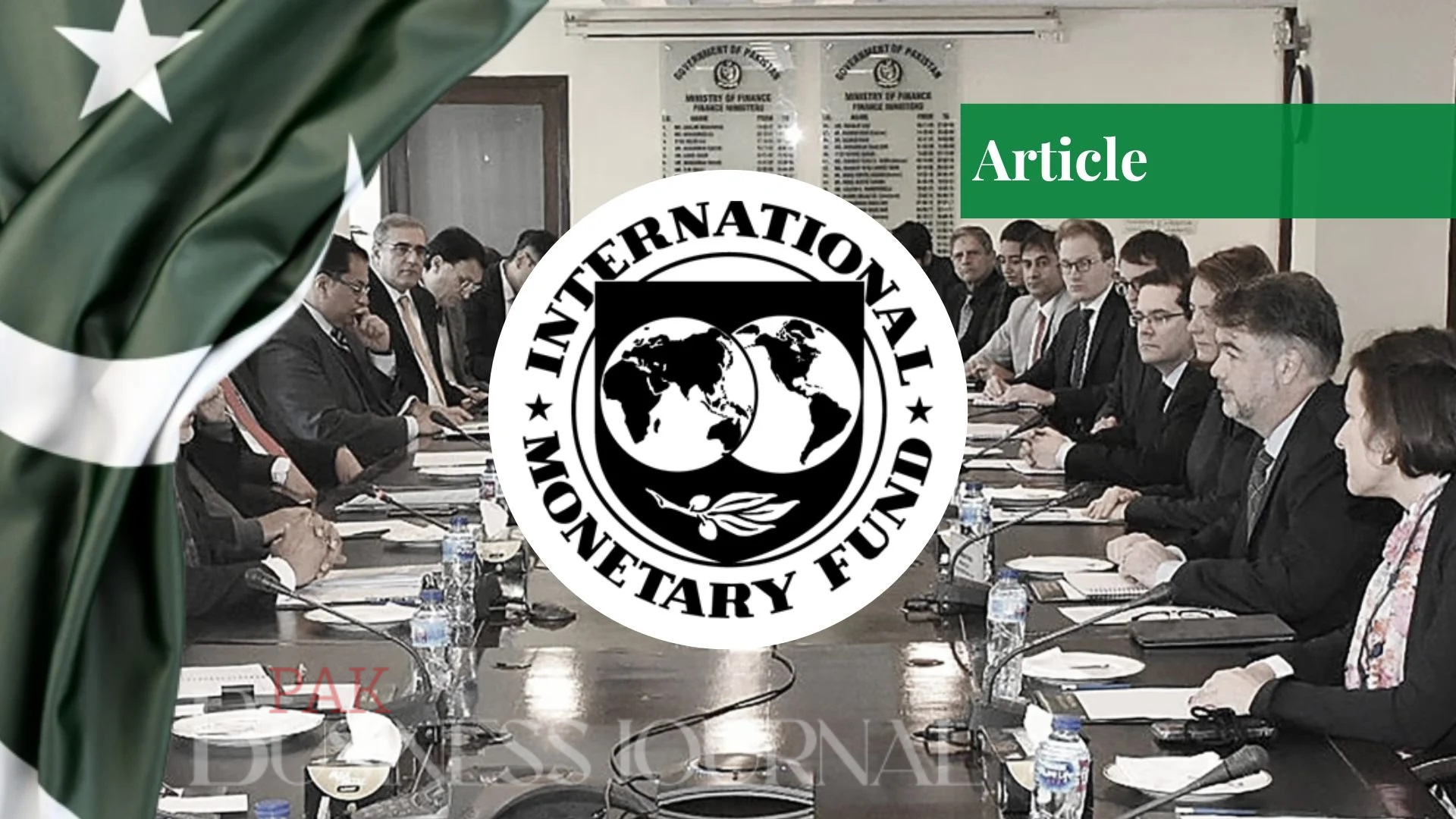The Economic Crisis and IMF Program in Pakistan is a complex and multifaceted issue with significant implications for the country’s future. Here’s a breakdown of the key aspects:
Background:
- Pakistan has a long history of economic challenges, including high inflation, a large fiscal deficit, and a significant external debt burden.
- To address these issues, Pakistan has repeatedly sought financial assistance from the International Monetary Fund (IMF). The current program is the 25th such agreement since Pakistan’s independence.
Key Components of the IMF Program:
- Fiscal Consolidation: The program aims to reduce the government’s budget deficit through measures such as increased tax revenue and reduced spending.
- Monetary Policy: The State Bank of Pakistan (central bank) is expected to maintain a tight monetary policy to control inflation.
- Exchange Rate Flexibility: The Pakistani rupee is expected to be allowed to adjust to market forces, which could lead to further devaluation.
- Energy Sector Reforms: The program includes measures to improve the efficiency and financial viability of the energy sector.
- Social Safety Nets: The government is expected to implement measures to protect the most vulnerable segments of the population from the impact of economic reforms.
Potential Impacts:
- Economic Stability: The program could help stabilize the Pakistani economy by reducing inflation and improving fiscal sustainability.
- Economic Growth: Successful implementation of the program could create conditions for stronger economic growth in the long term.
- Social Impact: The program could have a significant impact on the lives of ordinary Pakistanis, particularly the poor and vulnerable.
- Political Implications: The program could be politically challenging, as it may require difficult decisions such as raising taxes and cutting subsidies.
Challenges and Concerns:
- Implementation: Successfully implementing the program will require strong political will and effective coordination between the government and the IMF.
- Social Impact: The program could lead to increased hardship for the poor and vulnerable if not properly designed and implemented.
- Political Opposition: The program is likely to face opposition from various political and social groups.
- External Factors: The global economic environment could also pose challenges to the success of the program.
It’s important to note that the success of the IMF program depends on a variety of factors, including the commitment of the Pakistani government to implement the agreed-upon reforms, the effectiveness of the program’s design, and the global economic environment.

